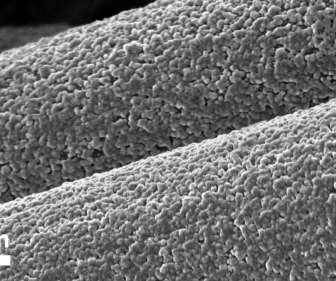MIT and Lamborghini file patent on new MOF material for supercapacitors
Green Car Congress
NOVEMBER 7, 2019
The collaboration began three years ago when Automobili Lamborghini joined the MIT-Italy Program, and took a further step forward in 2017 with the launch of two research projects, one with Professor Mircea Dinc? At MIT, the Dinc? Battery materials.





























Let's personalize your content